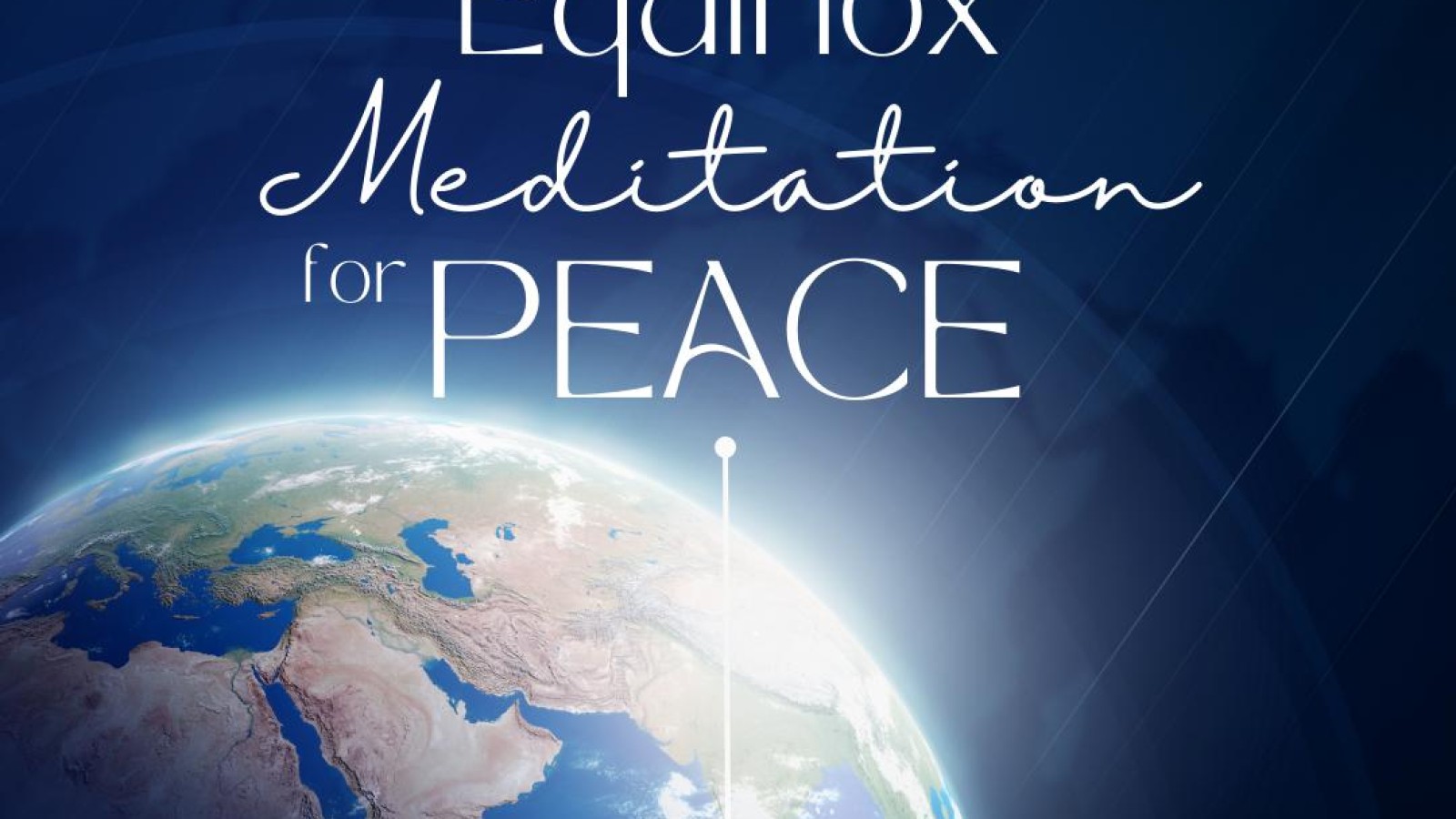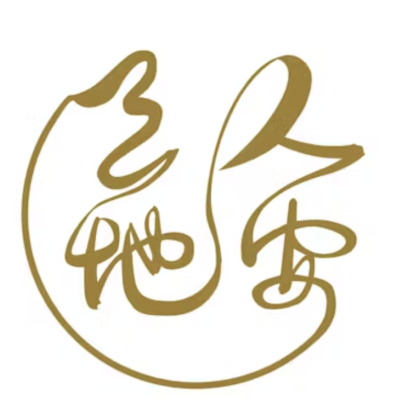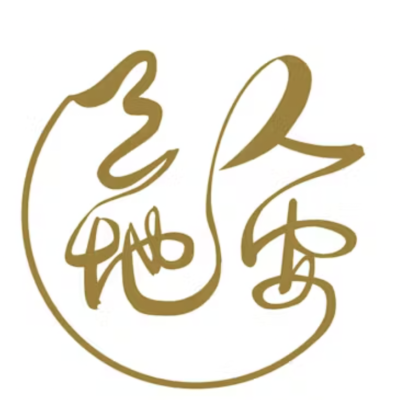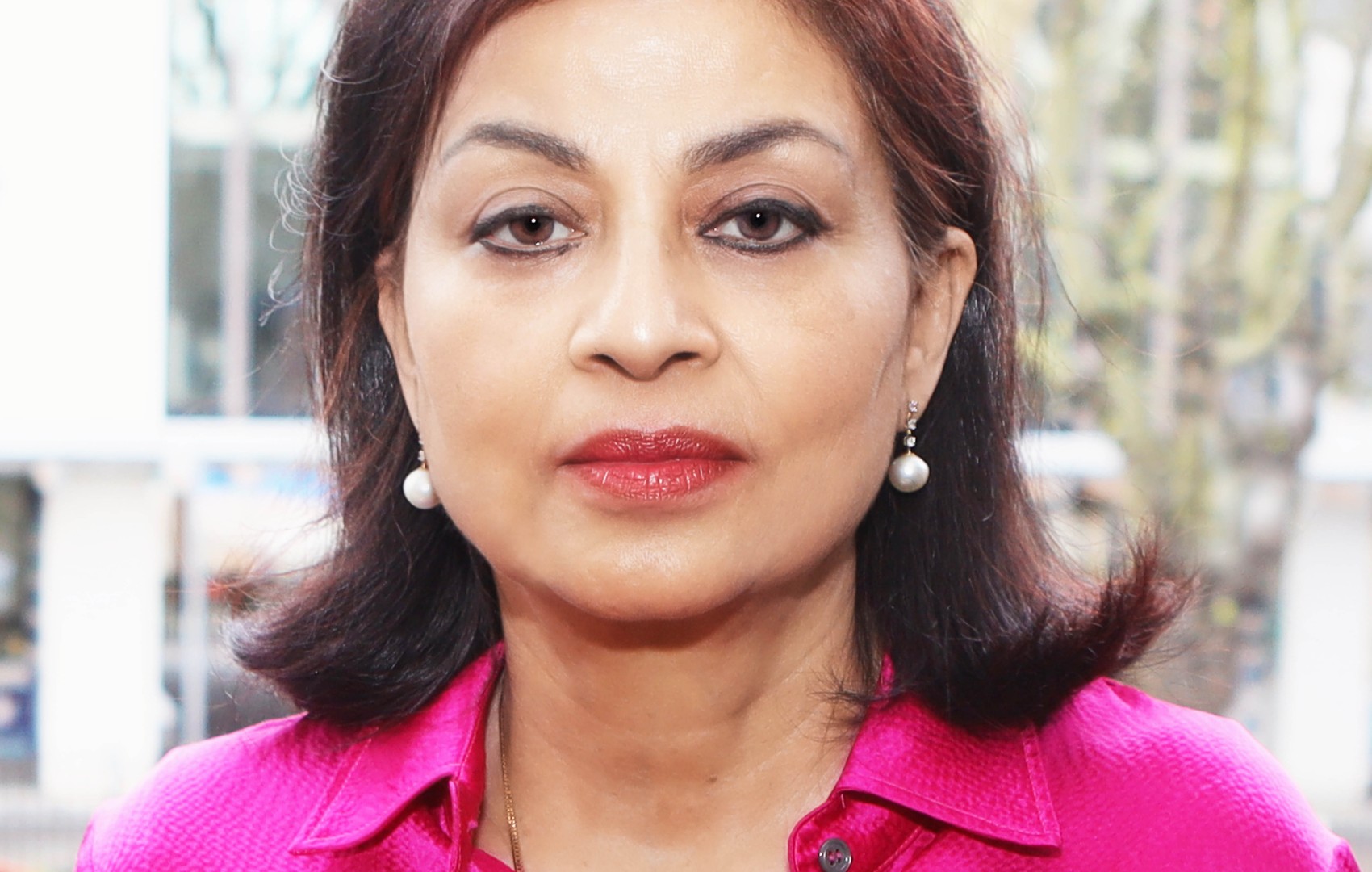Mysticism and the 21st century make strange bedfellows. Where religion has lost its meaning for many; where science wants to map the mind of God; where miracles are dismissed as mere myth; where ‘quality of life’ is measured in possessions - homes, cars, private planes – what is the role of a seer?
Even the yogi’s goal to transcend time and space is overtaken by modern technology, and emails deliver letters across the globe at the speed of thought. Our materialistic society has marginalized the message of the mystic.
Then, suddenly, world markets crash and the “greed is good” ethos of bankers and hedge fund managers creates a tidal backlash that submerges the global financial edifice. When money loses value and banks can no longer be trusted, when there’s no security, how does one survive such stress? Perhaps it’s time to return to the mystics who put our lives into perspective and hold up a mirror to the future.
Sri Aurobindo is a thoroughly modern seer. A brilliant intellect, he won a scholarship to Cambridge University and got top marks in the Classical Tripos exams. A polyglot, he mastered Latin, Greek, Italian, French and Spanish, as well as Sanskrit, Marathi, Bengali and Hindustani. After his return to India, after being schooled at St.Paul’s in London, and Cambridge University, he joined the freedom struggle and became a revolutionary. In 1908 he was arrested in British India, in Kolkatta, in the Alipore Bombing Case. There, in solitary confinement, the spirit of another great Indian patriot, Swami Vivekananda, visited him. Was it a vision? “No, it was not a vision. I would not have trusted a vision. It is a fact that I was hearing constantly the voice of Vivekananda speaking to me in my solitary meditation, and felt his presence. He came to teach me. (He) gave me a clue to the Supermind. This clue led me to see how the Truth-Consciousness works in everything. He visited me for 15 days in Alipore Jail and impressed upon my mind the working of Higher-Consciousness, the Truth-Consciousness which leads towards the Supermind.’
Sri Aurobindo left British India in 1910 to settle in permanently in Pondicherry, in what was French India, and began a period of intense spiritual exploration that lasted until his death in 1950. He became a yogi. Of the ancient faith of India, he wrote: ‘That which we call the Hindu religion is really the eternal religion, because it is the universal religion that embraces all others. If a religion is not universal, it cannot be eternal. It is for the Sanatan Dharma (you) rise. For the service of the world’. The Sanatan Dharma affirms that the whole world is one family, Vasudev Kutumbh.
India has an unbroken lineage of spiritual descent through its rishis, sages. Sri Aurobindo was a modern-day rishi. The fruit of Sri Aurobindo’s spiritual labour is a blinding vision of the future of the human race. He also gave us the updated Bhagavat Gita suitable for our age, wrote copious commentaries on the Vedas, and revealed the next evolutionary step that Nature is poised to take, with human cooperation.
He wrote: ‘Man is a transitional being. He is not final. The step from man to superman is the next approaching achievement in the earth’s revolution. It is inevitable because it is at once the intention of the inner spirit and the logic of Nature’s process’.
His vision puts our lifespan into perspective. Nature toiled for millions of years to create mankind but the story did not end there. Nature is now poised for the next evolutionary leap forward. Out of the present planetary life of man that contains vestiges of our animal past will come a more universalized life – lived not in this body but in a body of light. A body without organs and without the base instincts of hunger and lust.
The mind of man may have reached its evolutionary end and we are now poised for the development of a higher mind and the higher supra-mental consciousness. Sri Aurobindo undertook the onerous task of establishing a link between us and the lofty supra-mental consciousness that was earlier out of the reach of human energy. We are privy to his extraordinary inner journey because he wrote about it in his epic, Savitri. He’s made it possible for us to walk on the new path he forged. A few are already on their way.
How can you or I play a part in the next evolution? Modern life is busy but Sri Aurobindo’s vision does not exclude the world. There’s no call to shun the world for asceticism, to shrink away from money. We can go about our daily business, hold down jobs, earn, cope with the hurly-burly and yet work to prepare the future of the race. We can do this through physical, mental and spiritual practices incorporated into our daily routine, for he declared: All life is yoga.
The transformation has to be an integral one i.e. of mind and soul and body. The body is to play a major role in the total perfection of man. Great emphasis is placed on physical exercise and a body culture that will help us to arrive at the ideal proportions of our limbs. Physical harmony and balance are the first indispensable conditions. One way is visualization, to see yourself in perfect health.
Mental culture is the other side of the coin. Evolution is an adventure of consciousness. Consciousness is not something to be discovered outside; it is within us and needs to be nurtured. Normally, we are so busy with our outside lives that we have little time to look inwards, but it is essential that we take a step back and examine ourselves. Yoga is the science and art of becoming conscious.
First, we must evaluate our true worth and neither overestimate or underestimate ourselves. Don’t miss the truth of your own being. We also need to recognize the worth of others, to have moral generosity and not belittle others out of envy or spite or to settle old scores. Sri Aurobindo refers to the seven sorts of ignorance and seven sorts of knowledge.
Individuals are constantly evolving. What was right for us years ago is no longer right at a later stage. Be discriminating.
In the ordinary consciousness we meet life through desire. Desire clouds one’s judgement and obscures the soul. We need to differentiate between needs and desires. Instead of trying to eliminate desire, just try to change its nature. Mental culture includes facing emotions that weaken our being such as fear, unhappiness, suspicion, envy and anger, and try trading them in for their opposites i.e. courage, moral generosity and equanimity.
Sri Aurobindo does not call upon us to sit for hours in meditation. Even half-hour a day set aside for meditation and self-observation will do. It’s useful to fix a time for that and stick to it. In his method, meditation has to be dynamic and purposeful. It’s not easy at first because thoughts tug at us like fractious children as soon as we shut our eyes. Soon we discover that most of them are second-hand thoughts, garnered from TV, magazines or from other people. But slowly, gradually, with practise, the inner chatter dies down.
He said that today man is a “mental being enslaved to life and matter, (and) to be the slave of the mind is to be slave of the false, the limited and the apparent. The whole world yearns after freedom, yet each creature is in love with his chains. This is the paradox and inextricable knot of our nature”.
Sri Aurobindo passed away in 1950 but his work goes on in our bodies, in every single cell. He left behind a whole library of works to guide us, including The Synthesis of Yoga; The Life Divine; Secrets of the Vedas, Essays on the Gita, The Human Cycle, The Future Poetry, The Life Divine and Savitri.
India could help free a world enthralled by materialism and point the way towards “a dynamic integration of Spirit and Matter. Spiritual evolution is our greatest need, and our true destiny”. Each one of us can hasten the process of spiritual evolution by consciously cooperating to bring it about. It’s the first time that Nature has offered us the chance to collaborate. Human life will progressively grow towards the Divine unity behind all phenomena and all will become one Divine family, not only notionally but in reality. Sri Aurobindo calls upon all of us to be modern mystics, for this is the Hour of God.
About Mohini Kent
Mohini Kent, Lady Noon, is an author, film-maker, journalist and charity worker.
Her books include Black Taj, Nagarjuna: The Second Buddha (on Buddhist philosophy) and Dear Mama, a collection of intimate letters from eminent persons to their own mothers.
She wrote and directed The Ramayana feature film as well as Curry Tiffin, a documentary on the history of India through food, and worked with Sir Ben Kingsley on both films.
Her stage plays include Rumi: Unveil the Sun, on the Sufi mystic Mevlana Rumi, done in collaboration with her mother, Amrit Kent. She has written for several news magazines, including India Today, Sunday Times, The Week, and had her own fortnightly slot on BBC Radio.
She gives public talks on women's causes, food, charity, and mentoring talks to the youth. She is widely read in Western and Indian literature and philosophy, including ancient and modern spiritual teachings.
She is the Global Envoy of the International Buddhist Confederation (IBC) in the UK as well as a Founder Chairperson of the charity Lily Against Human Trafficking, which works against the trade in human beings, with a focus on abused children. She lives between Delhi and London.
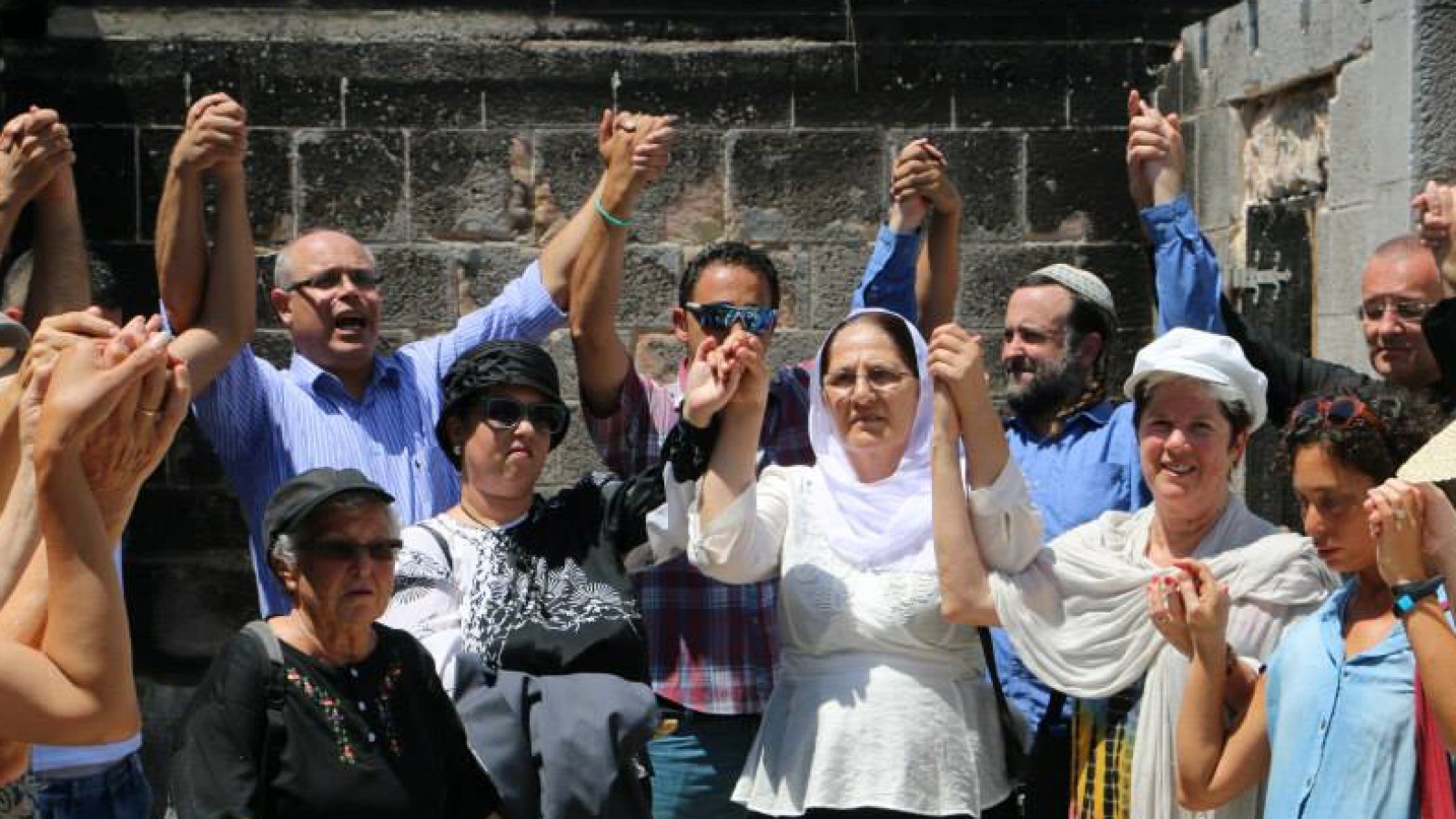
Praying together for peace

Our economy as part of nature
